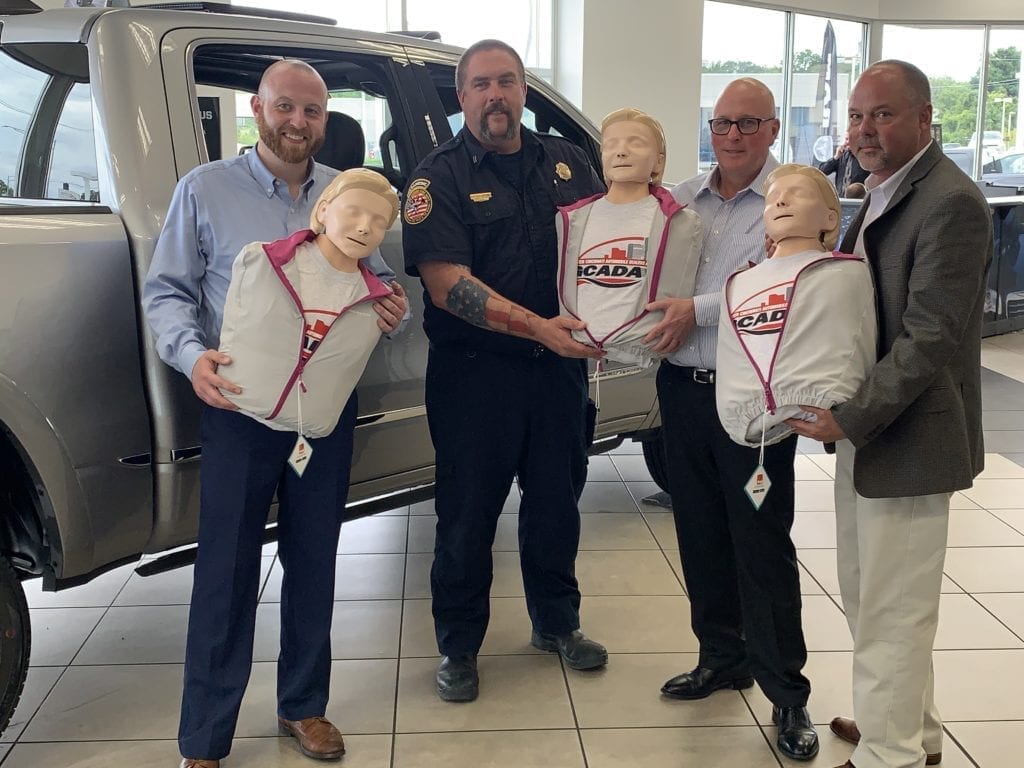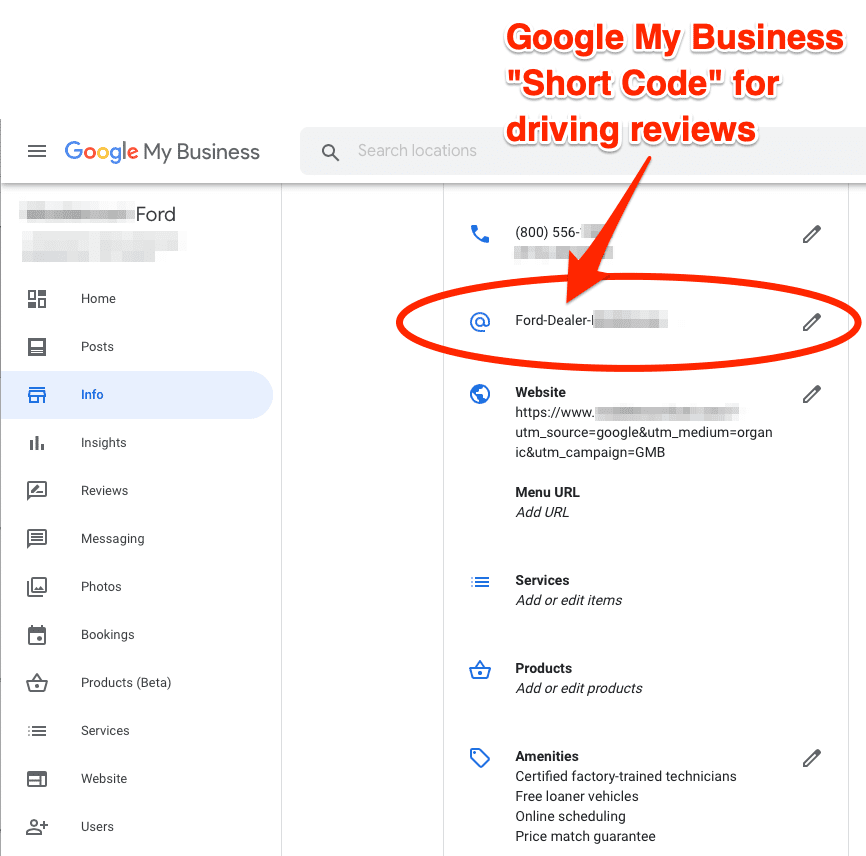By Catherine C. Worthington*
Finance companies, related finance companies, and buy-here, pay-here dealers have an intense interest in making certain that the vehicles securing their extensions of credit are properly insured. To that end, they include in financing documents a requirement that the car owner obtain and maintain insurance protecting the collateral.
What happens, though, when that insurance has a hole in the protection that it provides, leaving the creditor with a potential loss? Here’s an example of the problem.

Commerce Insurance Company issued a standard vehicle insurance policy to Marcio Rodrigues-Pessoa. First Help Financial, LLC, was listed as a secured lender on the policy.
The vehicle was involved in an accident when Rodrigues-Pessoa’s friend was driving it to transport Uber passengers. First Help submitted a claim for coverage under the Secured Lenders provision of the policy, but Commerce denied the claim on the ground that it was barred by the policy’s Vehicle Sharing and Public or Livery Conveyance Exclusion. That exclusion bars the named insured from recovering collision damages incurred while the vehicle is being used in connection with a transportation network company like Uber.
Commerce sued to, among other things, obtain a declaratory judgment as to whether First Help could recover under the policy.
The Superior Court of Massachusetts entered judgment for First Help. The court found that First Help was entitled to coverage for collision damages and was not barred by the Public Conveyance Exclusion, even though the collision occurred while the vehicle was being used to transport Uber passengers.
The policy provided that a secured party’s right of payment “will not be invalidated” by the named insured’s “acts or neglect.” The court found that Rodrigues-Pessoa’s decision to let his friend use the vehicle as an Uber driver was an “act” or “neglect” by the named insured that could not invalidate First Help’s coverage for collision damages.
With the advent of the “gig” economy and the rise of Uber and Lyft, we can expect to see a frequent replay of this fight. Secured parties need to address the question of whether and how any insurance on the vehicle will protect them and determine the steps they need to take to make sure that the fine print in a car owner’s policy doesn’t create a hole in coverage.
We don’t have the answers for this one. Reviewing the terms and conditions of each car owner’s insurance policy doesn’t seem like a practical result. Having the car owner expressly agree to obtain insurance that does not contain such loopholes might be helpful, but, without monitoring, is far from foolproof. Perhaps your company’s insurance carrier might offer a solution.
Commerce Insurance Company v. First Help Financial, LLC, 2019 Mass. Super. LEXIS 47 (Mass. Super. April 16, 2019).
*Catherine C. Worthington is a managing editor at CounselorLibrary.com, LLC. She can be reached at 410.782.2349 or by email at cworthington@hudco.com.







